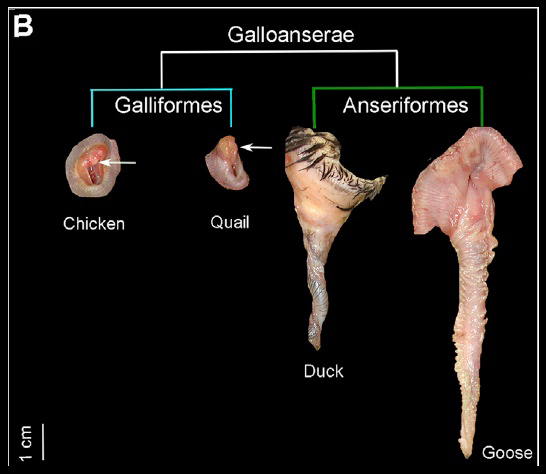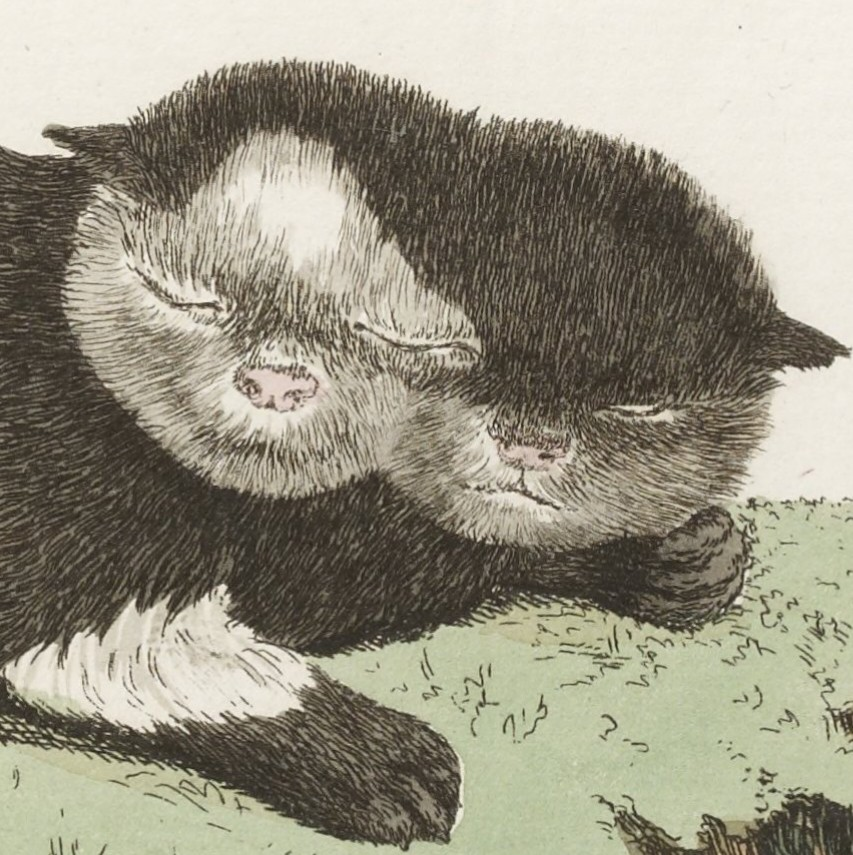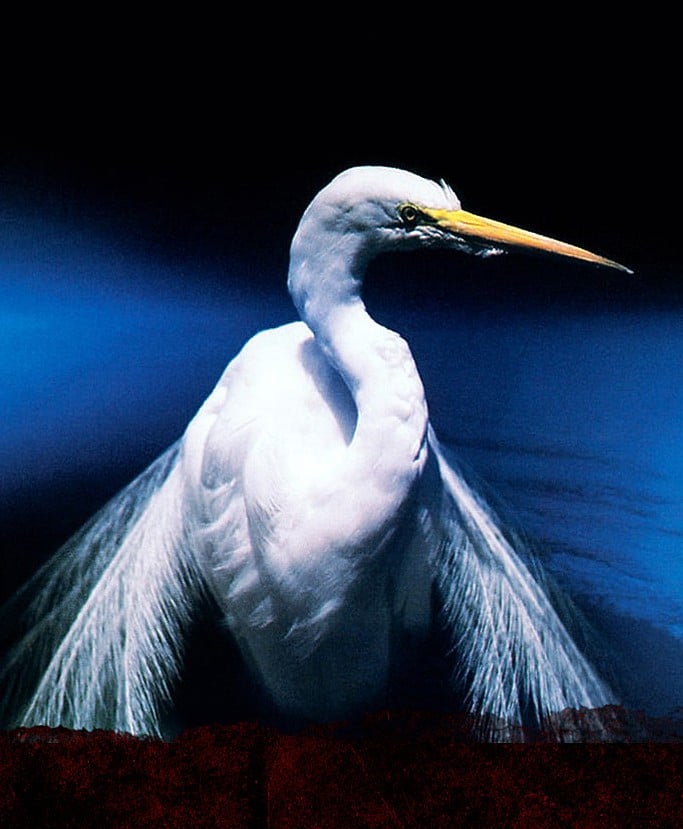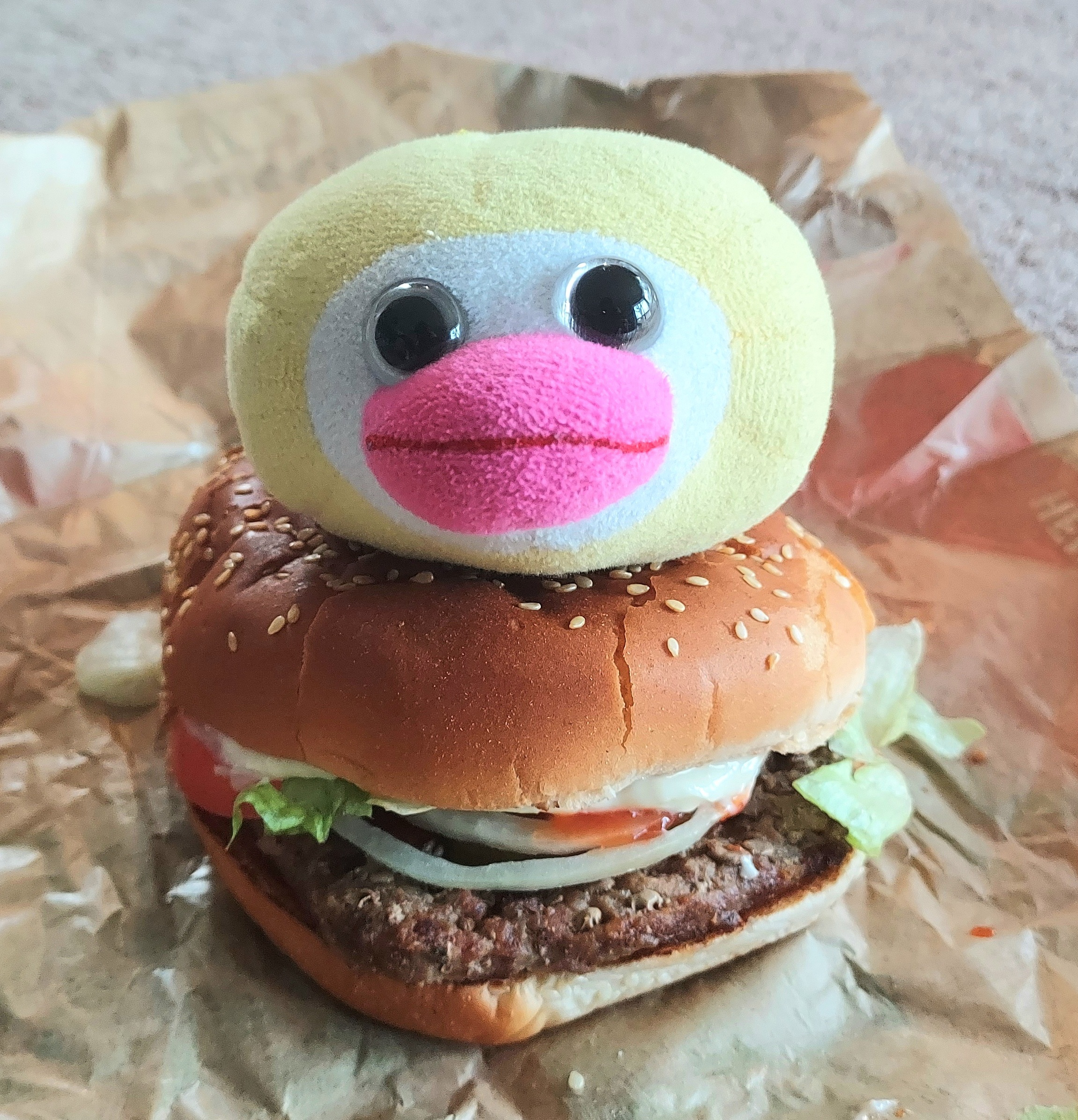This is just because English sucks, or English speaking people suck at naming things. Let me show you how it’s done:
In Dutch:
Horseshoe crabs are called “dagger crabs”, and look what it’s dragging behind.
Cuttlefish are called “ink fish”, and tadaa.
Jellyfish are “kwallen”, which means roughly “annoying person”, and they’re pretty annoying.
Bald eagles are “American Eagles”, you’re welcome.
A sand dollar is called a “sea coin”, because of where it lives and what it resembles, which is way more accurate.
And a fly is still a fly.
In Dutch, the Common Drone Fly is also called “Blinde Bij”, which means “Blind Bee”. This is because this animal is neither blind nor a bee and the Dutch are very good at naming things
I read Blinde Bij as Blind Bitch lmao
Animals who do not live up to thier names Dutch edition.
Dagger Crabs - Don’t have daggers and not crabs.
Ink Fish - Not actually fish.
Kwallen- Not actually a person.
American Eagles - Found all over Canada and upper Mexico.
Sea Coins - Can’t actually be used as coins.
Canada and Mexico are still America so I‘d say it does live up to its name
Nobody refers to Canada or Mexico as America. North America is not America and American is exclusively used to refer to the US.
Well apparently not exclusively so, at least outside of the US, because the American Eagle is not just US-American.
Not exclusively, no. It usually means the US, but it’s far from exclusive. Especially when it comes to species names, the assumption is absurd.
Incorrect
There’s also a European Eagle.
Found the US person.
No. Canadian.
Funny how Canadians don’t want to be called “American”, Mexicans don’t want to be called “American”, but everyone from outside the area INSISTS that it’s an appropriate name for them. Even the commenter above called you a “US person”, the only other time I’ve seen that was in legislation about immigration, never as a demonym.
Canada and Mexico are still part of the Americas.
American doesn’t refer to North America in naming animals or its people. No one from Canada or Mexico call themselves American.
deleted by creator
Secretarybird: refuses to schedule my meetings
Nevermind, I found one

I’m sorry… just… so sorry…I really like this one
king cobra - not a true cobra & snakes are largely self-organizing without monarchs
We’re more of an autonomous collective!
I like the philosophical implications of the word king in the context of king snakes. For snakes, it just means that their diet consists primarily of other snakes. This implies that to be a king is to be a predator who preys on his own subjects.
They’re probably anarchist
Ssssssssnake jazz
Checkmate

Animals that live up to their acronym:
- Goat
Change my mind
Animals that live up to their backronym:
- pig
Pink inquisitive grunter
It’s probably a typo but ‘backronym’ is a great word and concept. Backwards acronym.
It’s a real word. And used correctly in context so unlikely to be a typo.
https://www.dictionary.com/browse/backronym
https://www.wordnik.com/words/backronym
Acronyms were very rare prior to about mid 20thC.
A number of words sound like they should be an acronym or people searching for an explanation of them make backronyms out of them.
Posh and rap being turned into acronyms as per the first like are good examples of a backronym.
Bat (useless as a blunt weapon)
A bat bat on the other hand…

Manbatman or Batmanbat?
Pretty sure that’s a man bat bat. A bat bat bat would use a bat bat, like this one:

now that just depends on your swing game
In my town there’s a shop that sells rocks and crystals etc. They also sell sand dollars for $1. That’s right, there’s a 1:1 conversion rate between sand dollars and USD.
They probably never change that price either, so it’s actually pinned to the dollar.
Better than most* cryptos.
*well…
Interesting. In south FL you can (or could, been a while) hit certain places and find the keyhole variant by the hundreds. Fascinating creature, all those tube feet to move. It’s illegal to take them but that didn’t stop shops from selling the ones that “washed up” which doesn’t really happen.
But for some reason people actually buy them. It’s a skeleton of a creature someone scooped up and let bake in the sun for a month. Kinda creepy!
Oh no, I always thought they washed up like seashells! Poor things.
It’s quite possible, just not my experience. I’ve seen a lot of really neat shells and stuff wash up but not sand dollars. So i don’t want to suggest people actually do that. But it’s certainly easy enough. Probably why it’s illegal.
I do suggest, if you get the chance, to check them out live. As i kid i had a few skeletons but seeing them in action was way cooler. It’s not super exciting or anything, just kinda neat. Same as another one on that list - the horseshoe crab. I helped one get out of a shallow and it seemed appreciative… at least as much as an ancient creature can be.
Stingrays are kinda dicks though so keep that in mind.
They probably do wash up sometimes, just not often enough to support the tourist trade.
But can you buy stuff with sand dollars? Checkmate atheists!
Animals that live up to their names ;
- Sea cucumber
- Woodpecker
- Babadook
Do babadooks actually dook any babas?
All the time.
No but their ooks are ba-bad.
Ba-bad to the bone.
Sea cucumber - not a cucumber
I’ve never seen one cucumb.
I once attended a traditional Chinese wedding and it’s customary to serve sea cucumber soup as one of the dishes. Tales say it strengthens your fertility. Let me tell you, that shit is inedible. Soup is a euphemism, it’s closer to a brine that has some penis-shaped object with gristle-like texture floating around.
It was probably the most expensive dish of the evening, but it was the only one I didn’t finish.
This leads me to one of my favourite dad jokes:
What do you call a fly without wings?
A walk
Can’t wait to bust that one out when I see my nephew
Animal that does not live up to its name:
cuttlefish - is not a fish
Animal that does live up to its name:
woodpecker
TIL woodpeckers have a massive wooden cock
I dunno, my local woodpecker attacks my aluminum downspouts every few weeks. Not the most literal of birds.
I was wondering, why it’s called “vampire squid”. I guess, due to this:

I was actually fine not knowing holy shit that’s nightmare fuel.
Praying mantis had me rolling haha.
I’m pretty sure ca. 50% of peacocks have one.
actually, all or nearly all peacocks have cocks. the ones that don’t are peahens.
I was under the impression that male birds do not possess a protruding organ but indeed have a hole too, hence ‘no cock’.
didn’t think i would be googling “peacock genitalia” today. anyway, you are right. i was confused because I know that ducks have penises, but as I just found out, ducks are actually an exception in the bird world. most birds just kind of rub their holes together. this is sometimes called “cloacal kiss”, which is really funny.
TIL, and thank you for allowing me to avoid googling that
Peacocks actually have no penis whatsoever. Be glad. You give a bird a penis and they get really into rape
See also: ducks
i wish i didn’t have to see it honestly. i saw duck rape too many times and it’s horrible every time.
That’s interesting. I only knew about ducks and assumed peacocks would be similar.
They do look the raping kind, i’ll give you that
Peacocks have cocks. Peahens do not.
Also:
Spider (doesn’t actually spy)
Peacocks have cocks. Peahens do not.
Peacocks don’t have a pecker in their privates. Instead of a johnson, they have a cloaca. No willie.
The cloaca holds both the penis and the butthole on a male, and the vagina on a female. They still have penetrative sex. They’re not fish. It just doesn’t poke outside the body.
Can you back that up? I’ve spent the last 10 minutes searching up cloaca diagrams and pictures and articles and I can’t find any decent information about it. Only saying that they do a cloaca kiss and transfer sperm, but then I can’t find a cloaca diagram that labels any part as a penis.
I couldn’t find anything specific to peacocks either, but plenty of various other birds, including chickens which have the smallest little nub of a penis to ducks and their long, twisty corkscrew cock.

Yeah, I’m not sure you could call whatever a chicken does “penetrative”, and I feel like the term “penis” has a specific meaning that wouldn’t include cloaca.
Thank you for the image, btw
cock (n.1) “male of the domestic fowl,” from Old English cocc “male bird,” Old French coc (12c., Modern French coq), Old Norse kokkr, all of echoic origin. Compare Albanian kokosh “cock,” Greek kikkos, Sanskrit kukkuta, Malay kukuk.
cock (n.3)
“penis,” 1610s, but certainly older and suggested in word-play from at least 15c.; also compare pillicock “penis,” attested from early 14c.
They’re called peacocks because they’re peafowl who are cocks. It’s a way older term than the slang usage.
Animal that does not live up to its name:
Red Panda. Not Red, not a panda
Animal that lives up to its name:
Sloth
Panda bears were actually named that after the red panda, so really it’s they who aren’t pandas
Red Panda. Not Red, not a panda
But pretty fucking amazing with that kicking bowls onto her head while riding a unicycle thing - while listening to the world’s most annoying song ever.
Bearded dragons do have beards! Just made of spikes instead of hair.











